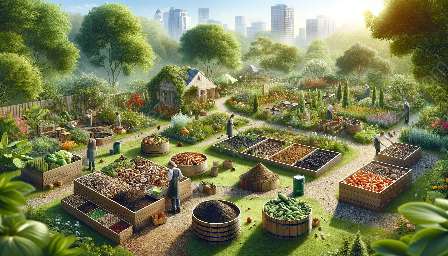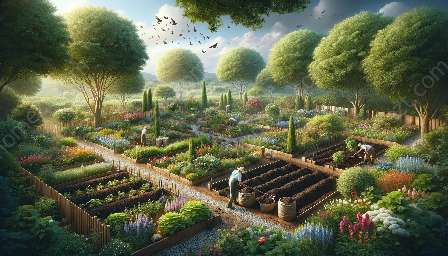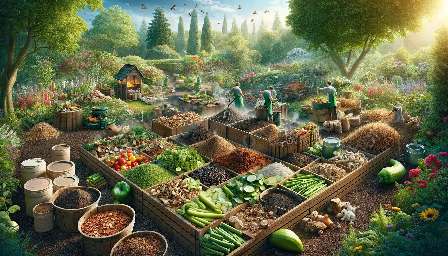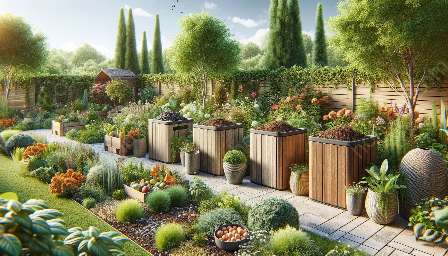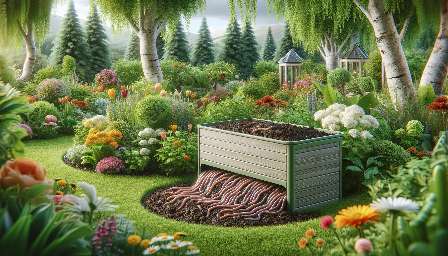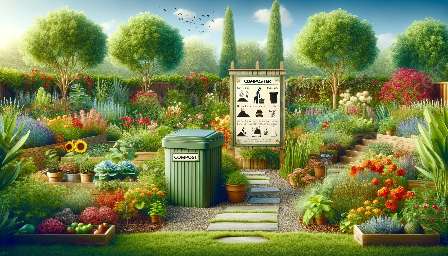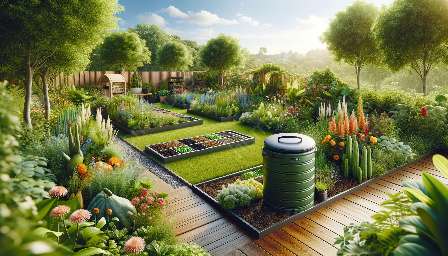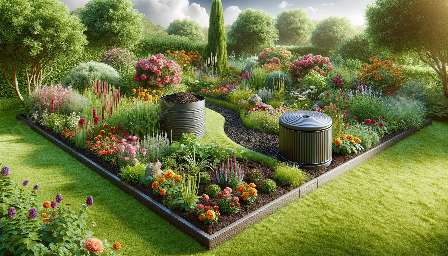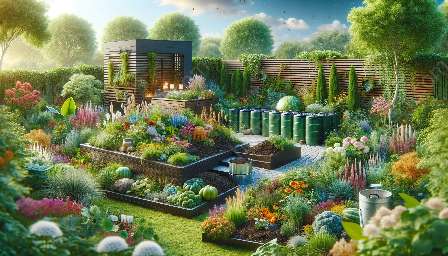Composting coffee grounds is an excellent way to reduce waste and create nutrient-rich soil for your garden. In this comprehensive guide, we will explore the benefits of composting coffee grounds, how to properly incorporate them into your compost, and the best practices for using the resulting compost in your gardening and landscaping endeavors.
The Benefits of Composting Coffee Grounds
Composting coffee grounds offers a range of benefits for both your garden and the environment. Coffee grounds are rich in nitrogen, a vital nutrient for plant growth, making them an excellent addition to compost. When incorporated into the composting process, coffee grounds contribute to the creation of nutrient-dense soil that can enhance the health and vitality of your plants.
Furthermore, composting coffee grounds diverts organic waste from landfills, reducing the overall environmental impact of coffee consumption. By repurposing coffee grounds through composting, you can actively contribute to sustainability efforts and minimize waste.
How to Compost Coffee Grounds
Composting coffee grounds is a straightforward process that can be easily integrated into your existing composting routine. To begin, collect your used coffee grounds, ensuring that they are free from any non-compostable materials such as filters or plastic packaging.
Next, add the coffee grounds to your compost pile or bin, mixing them thoroughly with other organic matter such as vegetable scraps, leaves, and grass clippings. Ensure that the compost pile is adequately aerated and maintains a balanced moisture level to facilitate the decomposition of the coffee grounds alongside other compost materials.
Regularly turning and monitoring the compost pile will help accelerate the breakdown of the coffee grounds and promote the production of nutrient-rich compost. Over time, the coffee grounds will transform into a dark, crumbly substance, indicating that they have fully decomposed and are ready for use in your garden.
It is important to note that while coffee grounds are an excellent addition to compost, they should be added in moderation. Due to their high nitrogen content, excessive amounts of coffee grounds can disrupt the balance of nutrients in the compost, potentially impeding the decomposition process.
Using Composted Coffee Grounds in Gardening and Landscaping
Once the coffee grounds have fully decomposed into rich compost, they can be used to nourish your garden and enhance your landscaping efforts. The nutrient-dense nature of composted coffee grounds makes them an ideal soil amendment for a variety of plants, from flowers and vegetables to trees and shrubs.
When applying composted coffee grounds to your garden beds or landscaping areas, ensure that they are mixed into the soil to promote even distribution of nutrients. Additionally, layering a thin coat of composted coffee grounds around existing plants can provide a slow-release source of nitrogen and other essential elements, supporting ongoing growth and vitality.
Composted coffee grounds can also be utilized as a mulch to help retain moisture, suppress weeds, and insulate the soil in your garden beds and landscaped areas. As the compost gradually breaks down, it releases nutrients into the soil, further benefiting the surrounding plants and contributing to overall soil health.
Conclusion
Composting coffee grounds is a sustainable and rewarding practice that yields numerous benefits for your garden and the environment. By diverting coffee grounds from the landfill and transforming them into nutrient-rich compost, you can promote healthy plant growth, reduce waste, and contribute to the overall sustainability of your gardening and landscaping endeavors.
Integrating composted coffee grounds into your gardening and landscaping routine can enhance the health and vitality of your plants, reduce the need for chemical fertilizers, and support the long-term sustainability of your outdoor spaces.
The next time you enjoy your morning cup of coffee, consider the potential of the grounds as a valuable resource for nurturing your garden and beautifying your landscape.


